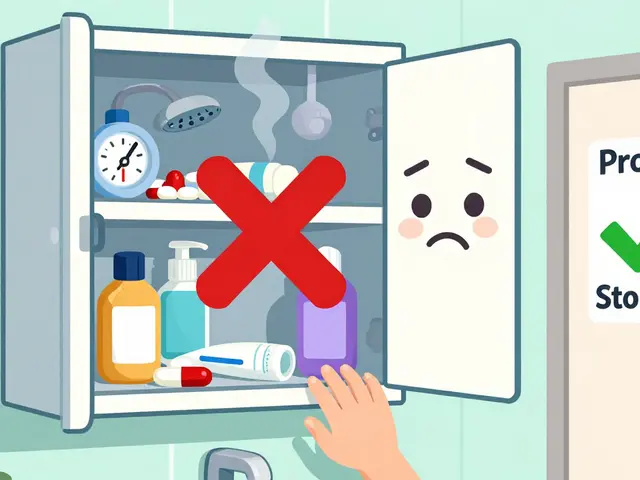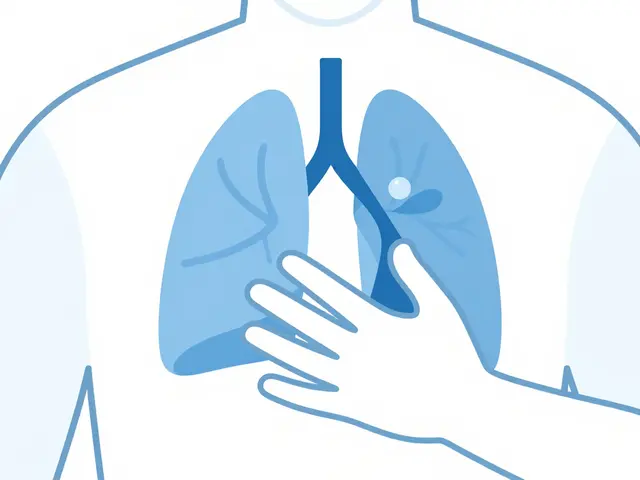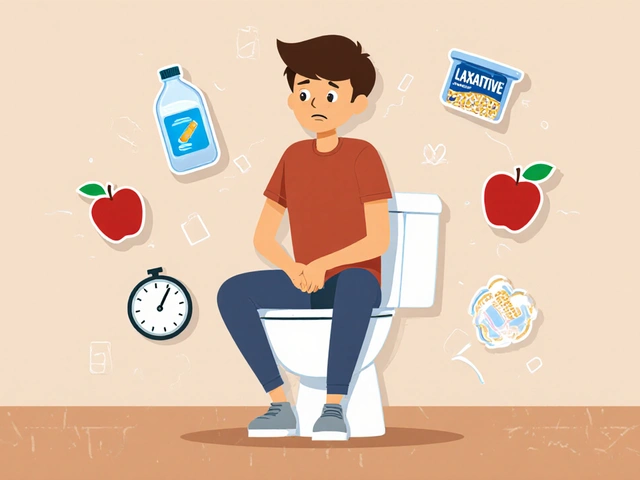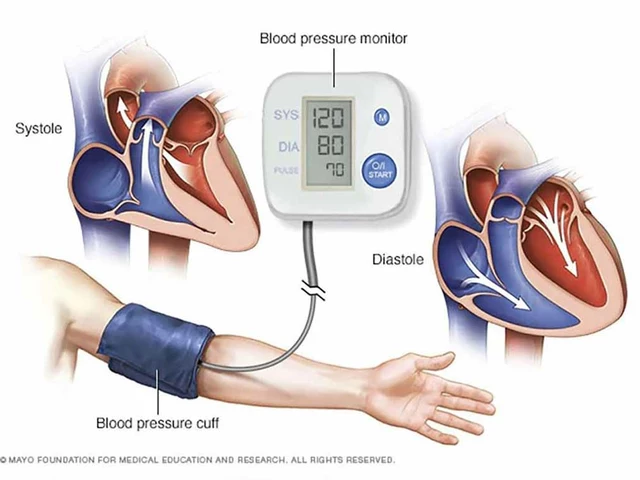Smell Loss: Understanding Causes and Finding Relief
When dealing with smell loss, the reduced or absent ability to detect odors, many people wonder what’s really going on behind the scenes. It’s a type of anosmia, complete loss of smell that can stem from a simple cold or a deeper neurological issue. A related condition is hyposmia, partial reduction in odor detection, which often precedes full anosmia. Both fall under the broader umbrella of olfactory dysfunction, any impairment of the sense of smell. The relationship is clear: smell loss encompasses anosmia and hyposmia, and these conditions can be triggered by infections, head injuries, aging, or certain medications. For example, COVID-19 can trigger sudden smell loss, a fact that many discovered during the pandemic. Similarly, long‑term exposure to pollutants or use of certain antibiotics may impair olfactory function. Understanding these links helps you pinpoint why your nose isn’t picking up that favorite perfume or fresh coffee.
Common Triggers and When to Seek Help
Smell loss often signals underlying anosmia, especially when it appears without an obvious cold. Viral infections like the flu or COVID‑19 are frequent culprits; they inflame the nasal lining and block odor receptors. Allergic rhinitis and chronic sinusitis also create a physical barrier, leading to hyposmia that can become permanent if untreated. Neurological disorders such as Parkinson’s or Alzheimer’s disease include olfactory dysfunction as early warning signs, making smell loss a useful screening tool. Medications—particularly some antihypertensives, antibiotics, and chemotherapy agents—can temporarily or permanently affect the olfactory nerves. Lifestyle factors matter too: smoking, excessive alcohol, and poor nutrition diminish the regenerative capacity of nasal epithelium. If you notice gradual decline, persistent nasal congestion, or accompanying symptoms like headaches or memory issues, it’s time to consult an ENT specialist or a neurologist for a thorough evaluation.
Armed with this background, you’ll recognize that smell loss is not just an inconvenience; it often points to broader health concerns. Below, you’ll find a curated collection of articles that dive deeper into specific causes—viral infections, medication side effects, aging, and neurological conditions—as well as practical tips for testing your sense of smell, protective measures, and treatment options ranging from nasal steroids to olfactory training. Whether you’re looking for quick relief or long‑term strategies, the resources ahead cover the full spectrum of smell loss management.
Sneezing and Your Sense of Smell: Understanding the Link
Discover why sneezing can affect your sense of smell, the conditions that link them, warning signs, and practical tips to keep your olfactory health intact.











